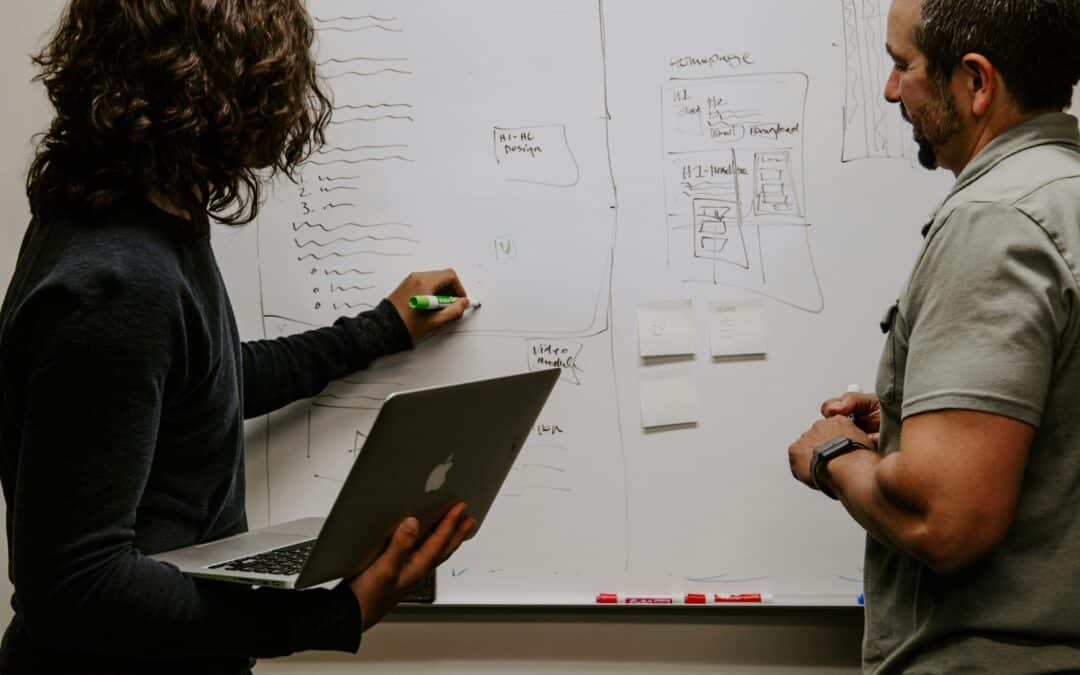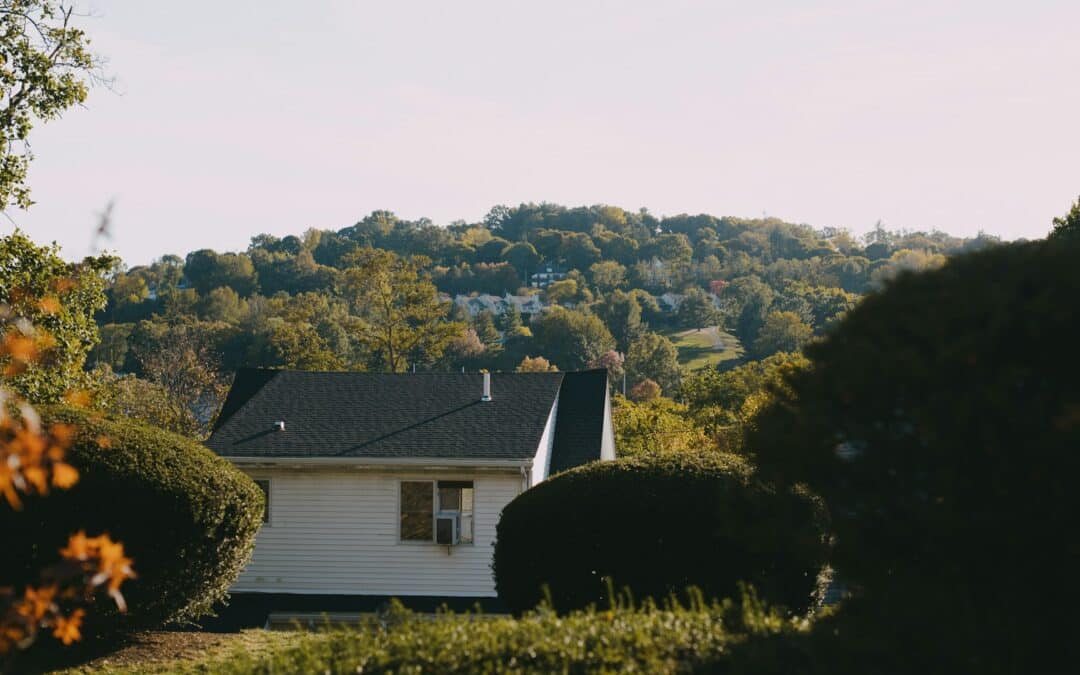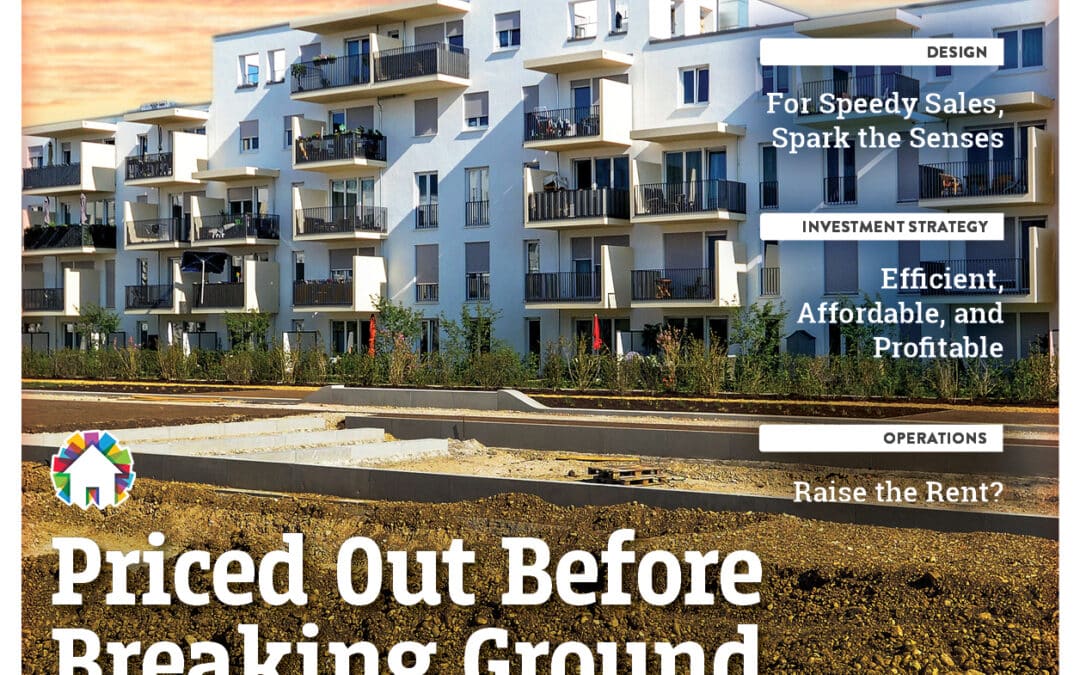Just a few weeks ago we were wondering if a recession would happen. Now that it’s unfolding before our eyes it’s easy to imagine 2008 all over again, a lengthy recession with a long slide in real estate values.
It could happen. The problem this time is a virus we don’t understand that has put the economy in lockdown. Experts believe that after a peak of infections in a few months we’ll be able to relax the rules on social interaction that are throttling economic activity. I believe that will happen, but as Dr. Fauci says, it’s the coronavirus that sets the timeline for us, not the other way around.
Setting aside the more dire scenarios let’s suppose the experts are right and that by mid-summer we can see a slow resumption of normal life. What will economic activity and real estate values look like?
There won’t be a sudden snap back to normal, our economy just isn’t built like that. I think we’ll be in a compressed version of the 2008 recession, deeper but shorter. The effects on real estate markets, however, will be much more benign than the last time.
The 2008 recession was uniquely destructive for real estate values. Previous recessions like 2001, 1991 and 1982 had not featured a wholesale drop in home prices. There were home price busts before but they were confined to local markets and for specific reasons. The stock market bust in New York and Boston in 1981, the oil bust in Texas in the mid-1980s, the defense spending bust in Southern California in the early 1990s.
2008 was a catastrophe for real estate because it was preceded by a unique national home price bubble, fueled by government and bank actions that put five million people into homes with subprime mortgages they couldn’t afford. No wonder the result was mass foreclosures and a glut of homes on the market for years.
This time, in 2020, there are again local price bubbles. Tech-related in San Francisco, Seattle and Denver, foreign-related in Miami, retirement-related in Tampa, Phoenix and Las Vegas. But there’s been no national boom. In most places home prices are in line with local incomes.
We’ll see home price decreases in some of the bubble markets, maybe ten percent over the next few years. But elsewhere I see prices flat, at worst, and even increasing modestly; there’s been a shortage of home construction for a long time.
This all depends on the 2020 recession being short, by which I mean still with us by year end and recovering modestly through 2021. And this in turn depends on the government steering money to consumers and homeowners. In 2008 that didn’t happen, Wall Street got all the help, but this time (it’s an election year) I think it will. We’ll see more foreclosures as some people are forced to sell their home, but not on a massive scale and real estate – especially rentals – will be an attractive investment during the next few years.
Our Investors Metro Analysis shows you the risks and opportunities in 200 markets across the country, at www.LocalMarketMonitor.com.























0 Comments